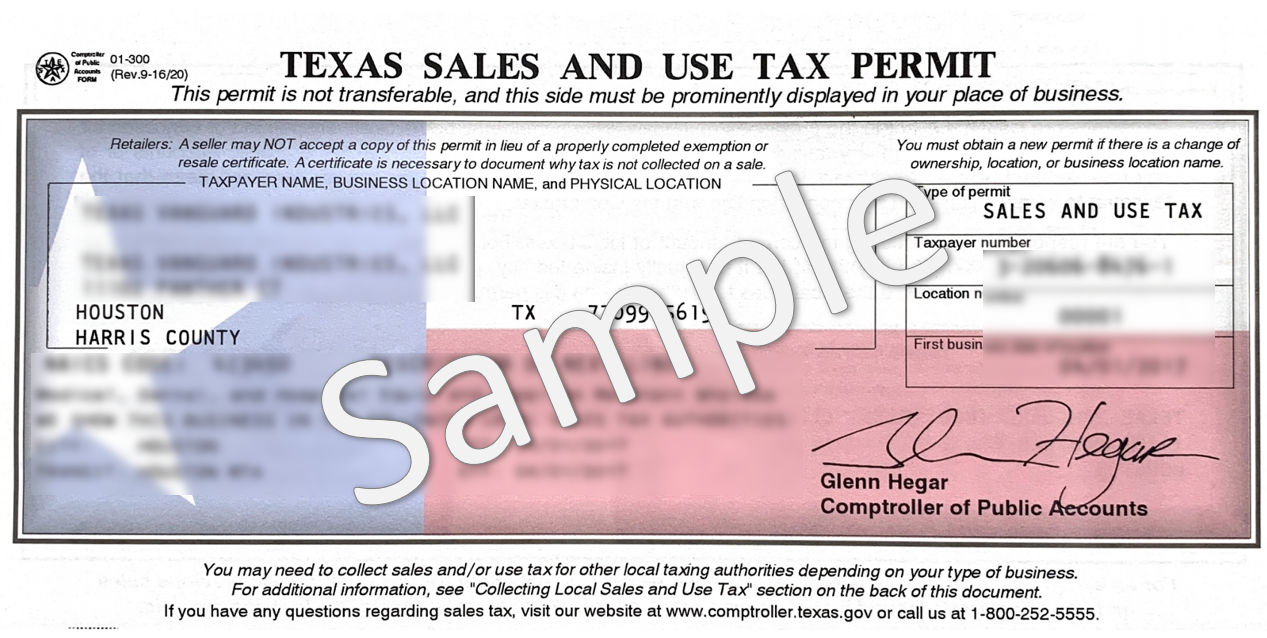Business inventory exemption texas – The Texas business inventory exemption offers significant tax savings for businesses with qualifying inventory. This comprehensive guide will delve into the purpose, eligibility criteria, filing requirements, exemptions, penalties, and best practices associated with this valuable tax exemption.
By understanding the intricacies of the Texas business inventory exemption, businesses can optimize their tax strategies and maximize their financial performance.
Exemptions and Exclusions

The Texas business inventory exemption is subject to certain exemptions and exclusions. This section will identify specific types of inventory that may be excluded from the exemption, discuss the rules and regulations regarding the valuation of inventory for exemption purposes, and provide examples of common exclusions and exceptions.
Specific Exclusions from the Exemption
The following types of inventory are not eligible for the Texas business inventory exemption:
- Inventory held for sale in the regular course of business
- Inventory used in the production of goods or services
- Inventory held for lease or rental
- Inventory held for investment purposes
Valuation of Inventory for Exemption Purposes
The value of inventory for exemption purposes is determined by the taxpayer’s cost of the inventory, including the cost of materials, labor, and overhead. The taxpayer must maintain adequate records to support the valuation of the inventory.
Common Exclusions and Exceptions
Some common exclusions and exceptions to the Texas business inventory exemption include:
- Inventory held by manufacturers or processors
- Inventory held by wholesalers or distributors
- Inventory held by retailers
- Inventory held by non-profit organizations
- Inventory held by government entities
Penalties and Consequences

Failing to comply with the business inventory exemption can result in penalties. Filing fraudulent or inaccurate exemption claims may also have severe consequences. Understanding these penalties and consequences is crucial for businesses claiming this exemption.
Audit Procedures
The Texas Comptroller’s Office may conduct audits to verify the accuracy of exemption claims. During an audit, businesses must provide documentation supporting their claims, such as inventory records and invoices. Failure to provide adequate documentation may result in the denial of the exemption.
Dispute Resolution Process
Businesses that disagree with an audit finding may file a protest with the Comptroller’s Office. The protest must be filed within 30 days of receiving the audit notice. The Comptroller’s Office will review the protest and issue a final decision.
Penalties for Non-Compliance
- Denial of the exemption
- Assessment of back taxes, interest, and penalties
- Legal action, including criminal prosecution
Consequences of Fraudulent or Inaccurate Claims
- Denial of the exemption
- Assessment of back taxes, interest, and penalties
- Criminal prosecution
- Loss of business license
Best Practices and Compliance: Business Inventory Exemption Texas

Maintaining accurate inventory records and supporting documentation is crucial for ensuring compliance with the business inventory exemption in Texas. Implementing best practices can help businesses avoid common pitfalls and maintain eligibility for the exemption.
Regular reviews and updates are essential to ensure that inventory records are current and reflect the actual inventory on hand. This process helps identify any discrepancies or errors, ensuring that the exemption is applied accurately.
Best Practices, Business inventory exemption texas
- Establish a clear inventory management system that Artikels procedures for receiving, storing, and tracking inventory.
- Use a perpetual inventory system to maintain real-time records of inventory levels.
- Conduct regular physical inventory counts to verify the accuracy of inventory records.
- Maintain supporting documentation, such as purchase orders, invoices, and shipping documents, to support inventory records.
- Train staff on inventory management procedures and ensure they understand the importance of maintaining accurate records.
Tips for Avoiding Common Pitfalls
- Avoid relying solely on manual inventory records, as these are more prone to errors.
- Do not overstate inventory values to avoid paying higher taxes.
- Ensure that inventory records are accessible to authorized personnel for verification purposes.
li>Stay informed about changes to the business inventory exemption requirements to ensure compliance.
Wrap-Up

In conclusion, the Texas business inventory exemption provides a substantial opportunity for businesses to reduce their tax liability. By carefully following the eligibility criteria, filing requirements, and best practices Artikeld in this guide, businesses can effectively utilize this exemption to enhance their financial position and drive growth.
